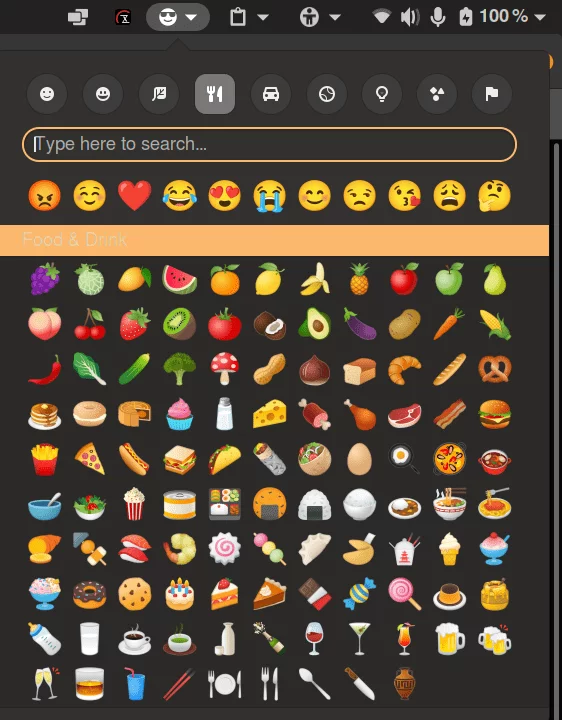
By and large, the English language doesn't use diacritical marks. Even our loanwords are stripped of them; we drink in a cafe rather than the more pretentious café. This has a consequence for HTML and, by extension, eBooks. As a quick primer, modern computing gives us two main ways of displaying a letter with an […]
Continue reading →

I was noodling around in PHP the other day and discovered that this works: <?php $🍞 = "bread"; echo "Some delicious " . $🍞; I mean, there's no reason why it shouldn't work. An emoji is just a Unicode character (OK, not just a character - but we'll get on to that), so it should […]
Continue reading →

We live in the future now. It is OK to use Unicode everywhere. It seems bizarre to me that modern Internet services sometimes "forget" that there's a world outside the Anglosphere. Some people have the temerity to speak foreign languages! And some of those languages have accents on their letters!! Even worse, some don't use […]
Continue reading →

OK, first off, you have to read this amazing judgement about whether Walker's Sensations Poppadoms count as a potato-based snack for VAT purposes. Like most judgements, it is written in fairly plain and accessible language. The arguments are easy to follow and it even manages to throw in a little humour. But if you read […]
Continue reading →

How would you read this sentence out aloud? "In Hamlet, Act Ⅳ, Scene Ⅸ..." Most people with a grasp of the interplay between English and Latin would say "In Hamlet, Act four, scene nine". And they'd be right! But screen-readers - computer programs which convert text into speech - often get this wrong. Why? Well, […]
Continue reading →

Why do most programming languages use the / character when we have a perfectly good ÷ symbol? Similarly, why use != instead of ≠? Or => rather than →? The obvious answer is that the humble keyboard usually only has around 100 keys - and most humans have a hard time remembering where thousands of […]
Continue reading →

Originally posted as part of HTML Hell's advent calendar. While browsing Mastodon late one night, I came across this excellent blog post called HTML is all you need to make a website. It describes a few websites which are pure HTML. No CSS and no JS. And I thought… do you even need HTML to […]
Continue reading →

You know how it is, you buy one silly domain name and then you get an idea for loads more! A few weeks ago, I got https://⏻.ga/ - I think I'm the first person to get a domain name which uses a glyph from the Miscellaneous Symbols Unicode block. How exciting! And that got me […]
Continue reading →

Like all good geeks, I have far too many domain names that I acquired for interesting projects which never took off. My latest is a bit different though. https://⏻.ga/ That's "Unicode Power Symbol Dot Gabon". Because why not. Regular readers will know that I helped get ⏻ and several power symbols into Unicode. When I […]
Continue reading →

I present to you, dear reader, a spiral containing every0 Unicode 14 character in the GNU Unifont. Starting at the centre with the control characters, spiralling clockwise through the remnants of ASCII, and out across the entirety of the Basic Multi Lingual Plane. Then beyond into the esoteric mysteries of the Higher Planes1. Zoom in […]
Continue reading →









